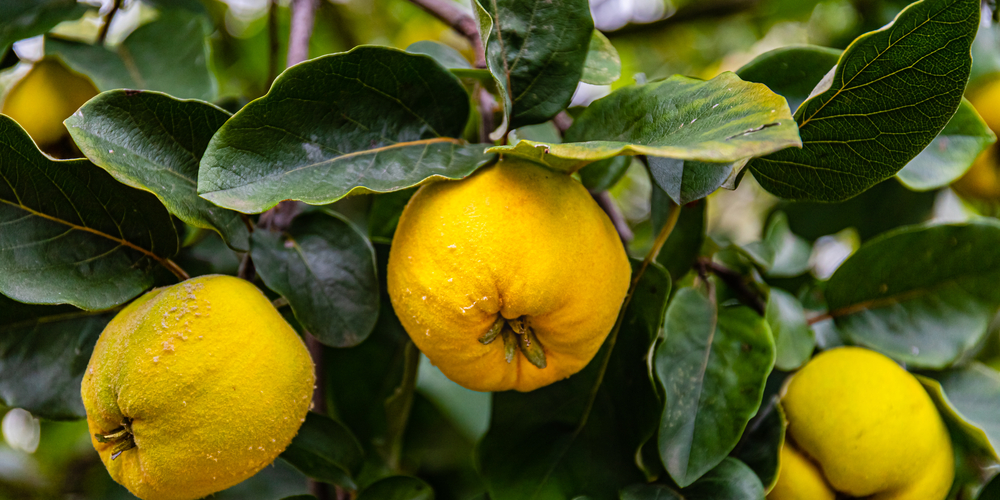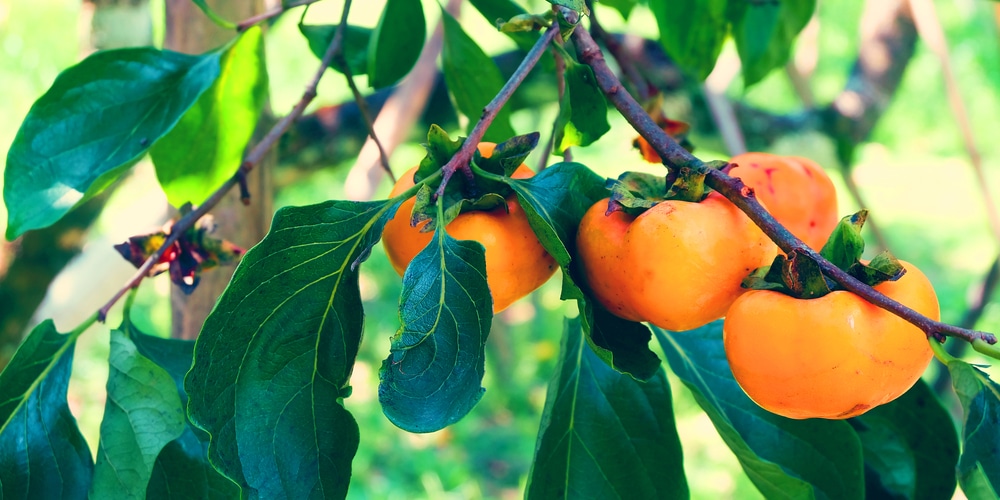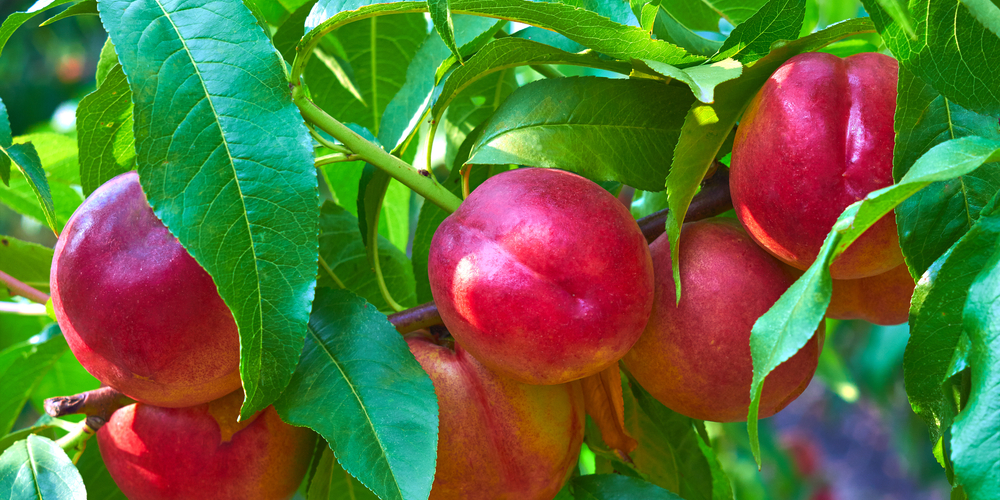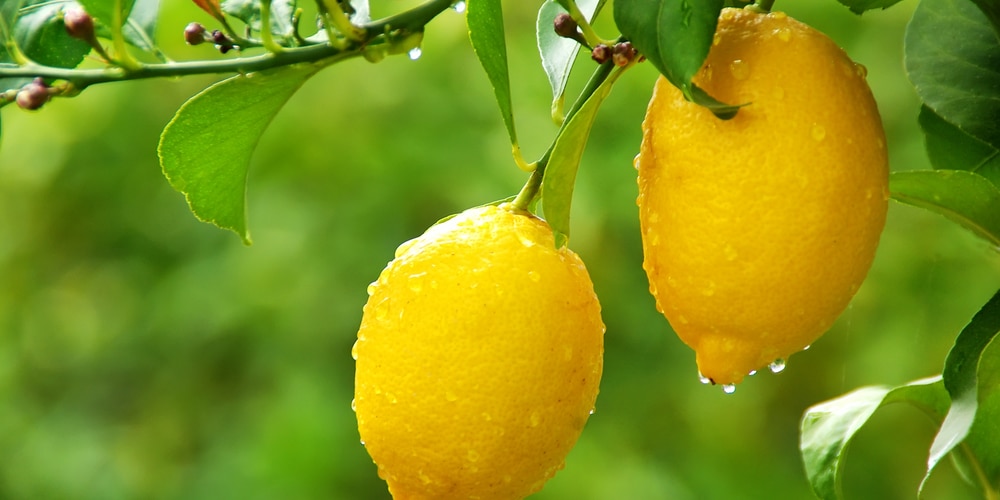Zone 7b is one of the hardiness zones in the USA. The zone is best known for having an average minimum temperature of five degrees to ten degrees Fahrenheit during the winter period.
Realistically, not all fruit trees are the same. Some types are hardier and can withstand negative temperatures without issues. Others need warmer temperatures to grow fruits.
So, if you are an avid gardener, understanding better weather mapping can help you pick plants best suited for the climate in your particular area. If you choose the wrong one, your fruit tree might perish.
In this article, we will help you make the right decision so that you can yield satisfying results.
1.Best Fruit Trees to Grow in Zone 7b: Apple Trees
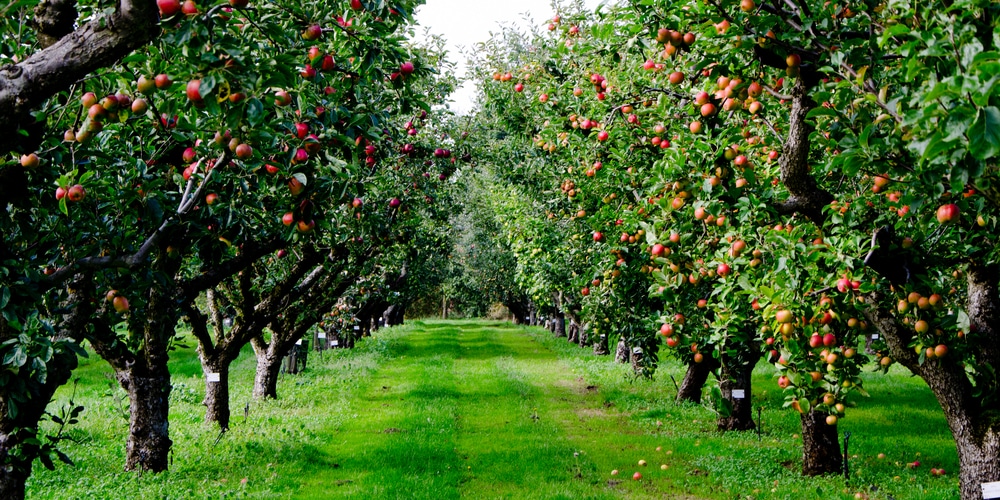
Apples are amongst the famous fruit trees for gardeners with patience and time. While they don’t need plenty of space, apples can thrive well in a wide variety of soil types without tolerating standing waters.
Planting apples in 7b zone is easy but requires a lot of commitment. For instance, caring; apples need about 1 inch of water every week during the growing season. They also need little fertilization, support against wind damage, and pruning to drop deadwood.
Red delicious is the epitome of apple tree cultivar in the USA. Others may include ginger gold, fuji, and dwarf varieties.
2. Cherry Trees
For lovers of cherries, you are lucky that these fruit trees can thrive in zone 7b. Whether sour or sweet-feel free to include these plants in your backyard orchard. But it is also important to note that different flavors share different growing requirements. So, select your cultivar wisely.
So, you are planning to plant sweet cherries? Well, these types of cherries need a considerable amount of space. An average-sized cherry tree can grow to a maximum height of 25 feet. They also grow fairly during the spring. So, make sure to escape afternoon temperatures and lower elevations. Otherwise, they can get damaged from late frosts.
For tart cherries, they don’t need heavy soils. They also need excellent airflow to yield satisfying results.
That said, all these types of fruit trees need plenty of water during the growing season. They also need fertilizer, especially when the soil shows nutrient efficiency. Finally, prune your cherries to encourage fruit production.
A wide variety of cherries grow well in this zone. So, you are not limited to selection. A few options for cherry trees include Benton, Sweetheart, Stella, and Richmond.
3. Best Fruit Trees to Grow in Zone 7b: Peach trees
Peach makes a list of fruit trees that grows well in zone 7b. But there are a few things you might want to consider before planting these fruit trees. First, peach trees demand well-drained soils. Yes, because they can easily get damaged by plenty of soil-borne diseases. So, make sure to test your soil before planting.
Second, peach trees also require abundant sunlight ( about 8-10 hours of sun daily). This is especially true during the growing season.
Like other plants, water, fertilization, and pruning are compulsory for peach trees.
A few varieties of peach trees may include Elberta, Candor, Reliance, and Redhaven.
4. Best Fruit Trees to Grow in Zone 7b: Quince trees
If you are looking for fruit trees that grow well in zone 7b, look no further than this fine contender-why?
For one, quince trees require little space. They grow much shorter, normally not more than 25 feet. For the second, quince trees can survive in heavy and wet soils without getting damaged.
Water, fertilizer, and pruning are a must where necessary.
Gardeners in this zone have a few choices, including pineapples, oranges, and Smyrna.
5. Fig trees
Fig trees also make a case when it comes to plants that grow well in zone 7b. Some of the varieties worth considering include Turkey, Marseille, Greenish, and Celeste. It is important to note that fig trees don’t encourage frost. So it is a good idea to grow them in a container if you are residing in a frost area.
6. Persimmon trees
If you love persimmon, you can plant these fruit trees in zone 7b without any issue. Fuyu, Hanagosho, and Jiro are varieties of persimmon trees that grow well in this area.
7. Nectarine trees
So, you love nectarine? There is no need to buy them from your local fruit store. Why don’t you plant a few for yourself? Some of the favorites may include Sunglo, red gold, fantasia, and Carolina red.
8. Citrus trees
A common myth is that citrus trees don’t grow well in this zone. But the truth is; almost all varieties of citrus tolerate the zone 7b climate.
9. Apricot trees
We are still moving through a list of fruit trees that thrive in zone 7b. And we are adding new possibility-apricot trees. Although not a big fan of cold weather, a few choices of apricot trees can surely grow well in this zone. Some of the best apricot trees include Sungold, Chinese sweet pit, and moon gold.
10. Pear trees
For the first time, we have included pear trees in the list. You have an excellent selection to pick when growing pear trees in zone 7b. Some of the delicious cultivars include warren and harrow delight.
Choosing the right fruit tree for your growing zone
Selecting the right fruit for your growing zone is now going to be easier than ever before. And since you understand the USDA hardiness zone (7b in this case), the list above is worth considering.
Zone 7b provides an everlasting planting season that offers an exciting opportunity to enjoy an extensive selection of fruit trees. So, knowing which plants to grow during this winter season can save you both money and time.
There are varieties of fruit trees you can plant in your backyard. In addition to the listed above, pomegranate, hardy kiwi, and even passionfruit can grow well in your area.
Don’t allow the climate to become your deciding factor, though. Before choosing a fruit tree, ensure you test the soil and check the available space. Even better, you can ask an expert to help you with the type of plant right for you.
Related article: Do fruit trees need watered in winter?


